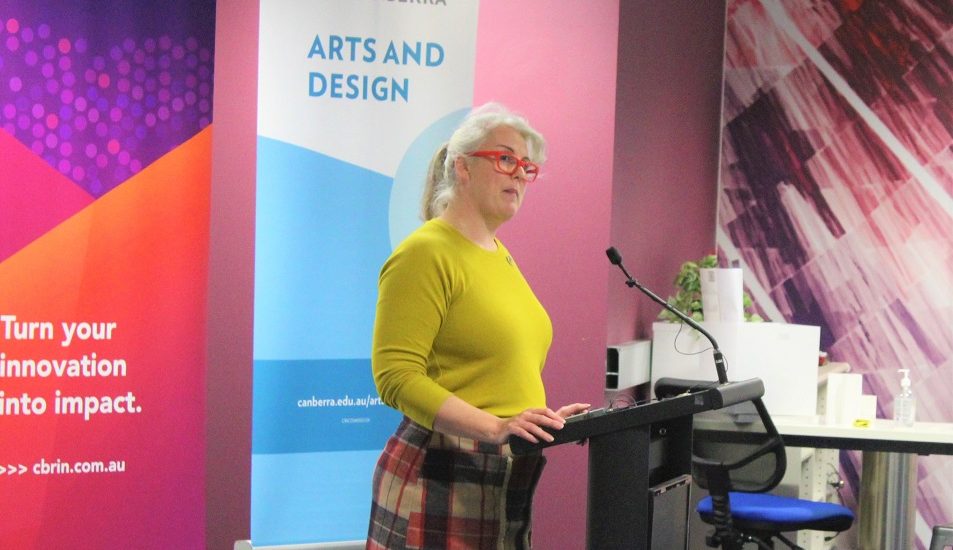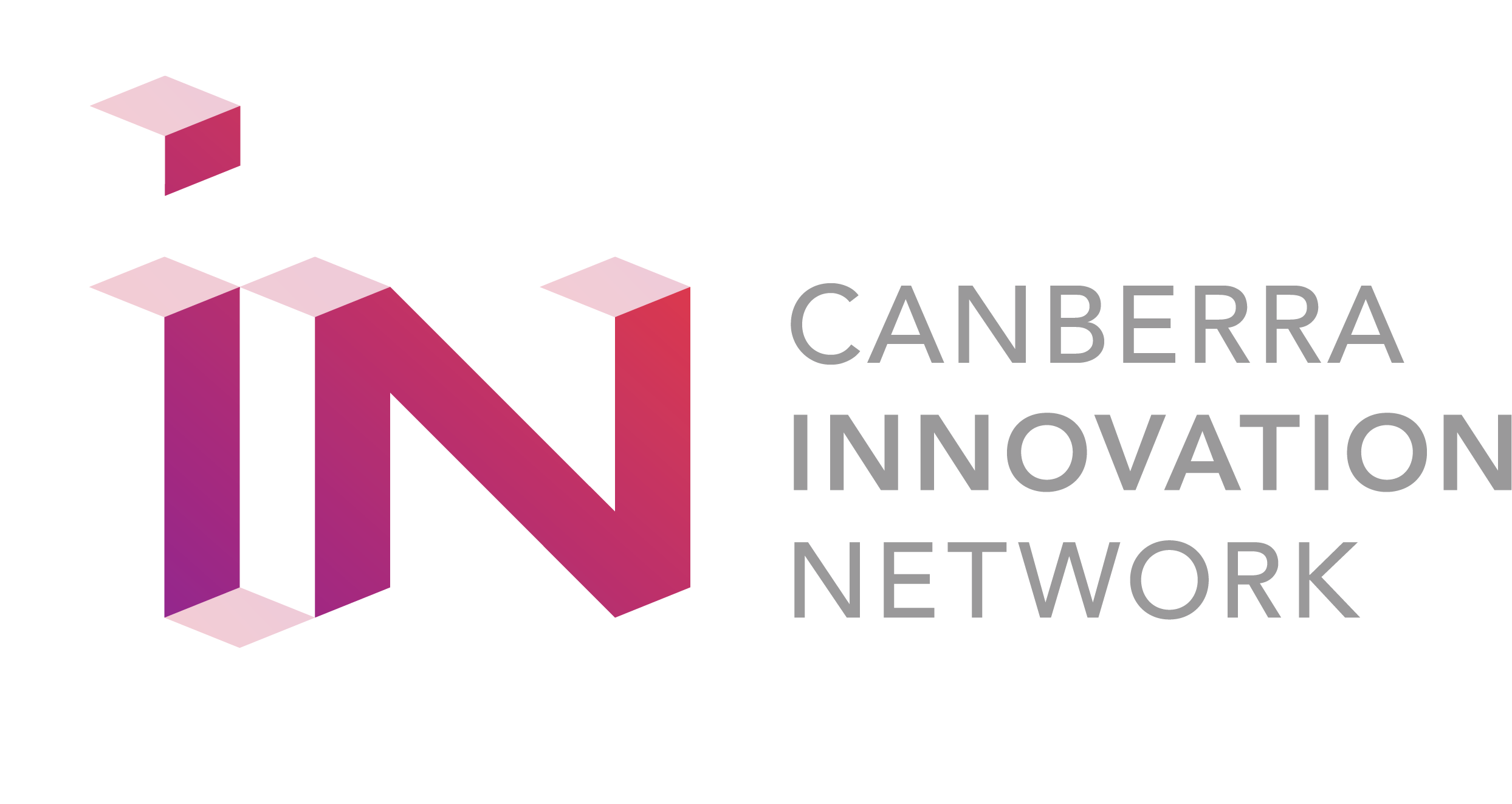- 25 May 2021
- Posted by: Canberra Innovation Network
- Category: COVID-19

The economy, our communities and a bright future all depend on creators, performers and entertainers.
Earlier this month, CBRIN hosted Minister for the Arts and Assistant Minister for Economic Development Tara Cheyne and a who’s who list of Canberra-based artists as part of our Adaptive City series, this one focussed on (you guessed it) the arts. The keynote address was given by the incredible force of nature that is Irene Lemon, a creative entrepreneur, inspiration and Enterprise Development Manager at The Mill House Ventures, Ltd.
We’d like to share an abridged version of her fabulous introduction to what was a productive, informative and exciting workshop that will serve as a blueprint for post-COVID life in the ACT and beyond.
She alternated between presenting as herself, a social renegade and connector, and as “Sheila Knacquers,” Country Music Comedienne and Nurragunnacoonawallabillarenebri native. Below are Lemon’s words as Lemon (as Sheila’s words, though uplifting, were sometimes NSFW), but we encourage you to follow Sheila for more of the fair dinkum.
LEMON: Today, we are here to find collaborative and innovation-driven ways to empower creative people and creative businesses to have more impact as we emerge from the pandemic. My keynote is entitled Artists are the BEST people to lead a COVID recovery plan for the economy and our communities and I will be sharing with you, the practitioners and creative businesses, doing just that. I am going to draw out three ways our skills and creative capacity inform collaborative and innovative processes.
First, I will detail the way artists are leading a knowledge-based society; second, I will draw out our economic impact; and finally, I will unpack storytelling.
I believe these three areas are key to the opportunities and challenges we are faced with as we rebuild, recover and emerge into a “new normal.”
I bring to you a creative entrepreneur’s point of view. I am an artist; I am also a multipotentialite. Sometimes we are called polymaths or, somewhat unfairly, Jack-of-all-Trades. My job, as an artist, is to capture the culture of humanity, analyse it and process it, and create artefacts for the viewer to learn from, reflect on and enjoy building on.
If you think of a creative piece as a time capsule, then creative “outputs” will help carry humanity’s culture into the future. I argue that artists lead knowledge-based societies because of our role in creating new knowledge through our creative practices that leads to reflection and discourse to enhance existing knowledge.
It is a powerful and important role in societies.
It is our ability to synthesise intangibles and transform ideas into tangible experiences or artefacts that creates future worlds and inspires new visions.
- Rebus Theatre, a Mill House alumni Social Enterprise, is leading social transformation based on theatre that engages the body and the emotions, as well as the mind. They co-create transformative culture with their audiences and encourage new awarenesses and inclusion.
- Ceramicist Annie Parnell uses clay and innovative firing techniques to transform ideas of traditionalism, and her leadership in emerging disruptive discourse is grounded in a culturally safe and open experimentation methodology that challenges the ways “we have always done things” in the arts.
- Flazeda Hub – an alternative performance venue and professional development social enterprise recently launched in Belconnen – knows better than most how intersectionality and leadership can be harnessed for social change AND economic development. Rachel Reid, the founder of Flazeda, is leading a COVID recovery effort that embraces diversity, cultural and creative activity to make a big difference in her local community. Her shows sell out, she has diversified her revenue streams with new products and services, and she is exploring digital engagement to future-proof her business. She employs artists and creates jobs.
Artistic leadership takes courage and wisdom, and a certain appetite for risk and uncertainty, to live fully in the intersections of life.
Rachel’s creative business is one of more than 300,000 across Australia that contributes 6.3% to Gross Domestic Product.
To share with you a comparison, construction contributes 7.4%, and agriculture contributes 2.8% to GDP.
GDP reflects cultural and creative activities which, pre-COVID, had grown 34% to $115.2 billion over the last ten years, according to measurements taken by the Federal Government’s Bureau of Communication and Arts Research.
See what I did there? I snuck in the economic impact of the arts. Oooo statistics … riveting stuff!
The economic impact of the creative industries is impressive, and we have the statistics and reports to illustrate our competencies, but the point I would like to make about the second key reason why artists are the best people to lead a COVID recovery plan for the economy and our communities is because we are resilient.
This statement comes with a caveat; the fact that we have had these impressive results comes at a massive personal cost: depression and suicidal ideation among music crews and roadies is five times higher than the general population. Female visual artists are paid four times less than male visual artists, and receive far less representation. Sexism, ableism, racism and all the other isms and jingoistic warfare on cultural actors is costing the economy billions. Excluding Black talent in Hollywood is costing that industry $10 billion USD per year, according to McKinsey; I imagine the same exclusions mean Australia is also leaving billions of dollars of potential on the table.
- Comedians like Canberra artist Chris Ryan frequently take on the isms, and her domestic style exemplifies how the personal IS political. Aboriginal standup comedian Cy Fahey shared with the audience in his Melbourne Comedy Festival preview show in Belconnen recently that it had taken him ten years to tour his first solo show to Melbourne – that’s a hell of a long startup journey.
A truly holistic policy might have a stab at those social challenges – starting with ableism, sexism and racism – and bring mental health support and fairness to creative microenterprise workplaces to accelerate creative businesses and social impact.
Policy moves slowly, so I hope the ideas we share really collaborate with creative workers, support the value of our economic impact, and reflect the urgency by which we need action for the most vulnerable in our sector.
Policy, and by extension collaboration with government, does not diminish personal responsibility, though.
- I am on the board of a creative industries social enterprise called Creative Plus Business; they are a social traders-certified social enterprise and they partner with the government, educational institutions and NGOs to ensure sustainability of arts organisations AND artists. Their work extends across Australia and internationally. They are not unique in that they teach business and entrepreneurship to creatives; quite a few of us do that, but they teach this within a context that recognises the work arts organisations do to empower and advocate for arts and creative experiences in our communities. They are unique in that they are entirely practitioner-led.
Creative Plus Business functions like an intermediary; breaking down silos within artforms, and across sectors, linking up creative workers to economic development initiatives outside the traditional arts budget, and their model for impact is scalable. Studying how they do what they do is a useful endeavour to understand how government, creative industries and communities all benefit when creative economic impact is acknowledged and developed similarly to all other industries.
But there are still too many stories of creatives burning out, trying to stretch a disappearing pot of public money into an increasingly hungry creative economy. Those stories are powerful as vehicles for healing and recovery. Stories teach us what is valuable, and their complex but easily digestible format identifies values we need to keep front of mind as we strive to be decent humans in a capitalist system.
- Ghetto Media is a digital content production company founded by David Jenkins. David is passionate about creating opportunities for disadvantaged Australians to learn film and digital media skills so they can document their projects and explore film and digital media job opportunities through practical work experience.
Stories also nurture meaningful learning.
I look forward to supporting creative impacts in our Canberra communities, and I encourage artists to take the lead on recovery and rebuilding our local economies; we have a lot of value to offer and there is a market and a government in the ACT that is willing to listen.

